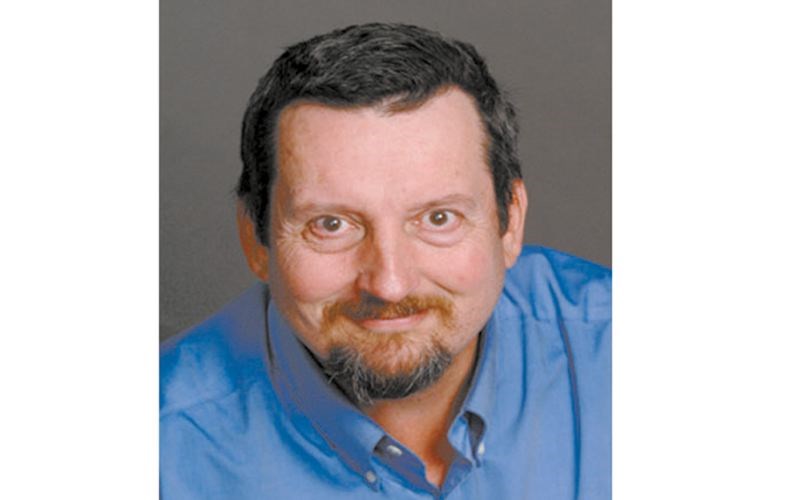A few years ago, I was told a joke about how to be an academic leader.
I won't repeat the whole story but the first task was to give the faculty a seemingly important task with no real consequences to chew on. This proverbial bone would keep the majority of people busy and out of the way so the real work could be done.
In many ways, it would seem governments do the same thing when it comes to electoral reform. It is a red herring. Lay the idea of consultation and reform of the electoral process before the public and hope they don't pay attention to everything else going on.
Do we need electoral reform? Many people would argue yes. Indeed, the rallying cry for the creation of the Reform movement in the early 1990s was "The West wants in." The belief at the time was the West didn't matter since federal elections were decided in Ontario and Quebec. The whole thing was over before Manitoba's votes were even counted.
As a consequence, the sentiment among many westerners was the government did not care about our voices. Policies and practices were established to appeal to Ontarians and appease Quebecers. All the West seemed to do was pay for everything.
I am not sure this is a truly accurate picture of Canadian politics. I would suggest it fits with a myopic view but it allowed for the gathering of like-minded souls and gave rise to a right-wing political movement. But I would suggest Ottawa didn't really ignore the needs of western Canadians. However, that discussion is for another day.
The question is - would electoral reform do something to change the distribution of power in Canada? More to the point, would it ensure regional representation? Or proportional representation?
And can electoral reform provide for better governance?
I am tempted to quote Churchill - "democracy is the worst form of government, except all the others" - but perhaps a more important issue is understanding what we mean by democracy in the first place and raising the question of how to truly achieve it.
A better quote might be from Abraham Lincoln who said" "Government of the people, by the people, for the people." At its heart, democracy is about rule of law developed by the simple people and not imposed by powerful elites. It is government by the plurality and not just the few. It is governance based on inalienable rights.
Do we live in a democracy? In its truest form, no. We live in a representational democracy where instead of asking each and every person their thoughts on a law or piece of legislation, we elect a single person to represent our point of view and carry that view to the government.
This is the catch, though, because a single person can't express the views of many in a consistent fashion. More to the point, a single representative is not even assured of providing the representative view of the majority of the people who elected them.
Think of all the times you have said to yourself something along the lines of "well, that is not what I wanted from government" or "I disagree with what the government is doing." Or for that matter, the times you have said "yes, that is exactly what they should be doing."
For the most part, a representational system does not really represent the will of the people. Even more so as our electoral system has evolved. It now costs a lot of money to run a campaign.
Gone are the days of a few town hall meetings and a placard or two. Our representatives spend months spending tens of thousands of dollars trying to convince the people their view is the right one. But raising the money needed as an individual is almost impossible and so we have the party system. Candidates sign up with a party to get adequate funding to campaign. However, funding comes with the expectation a candidate will vote the party line. It is not the people who matter but the party machine.
Our representatives no longer express the view of their constituents, if they ever did. They carry the views of the few who elected them. We have lost government of the people, by the people, for the people. We now have government of the people, by the party, for the party.
Which brings us back to the question of electoral reform - do we need it? To what end? If it doesn't address the fundamental disconnect between our elected representative and all of the people in their constituency, nothing is really going to change.
Proportional representation? Single transferrable vote? First past the post? None of these are going to address the fundamental flaw with our representational democracy.
The voice of the people is not being heard.



